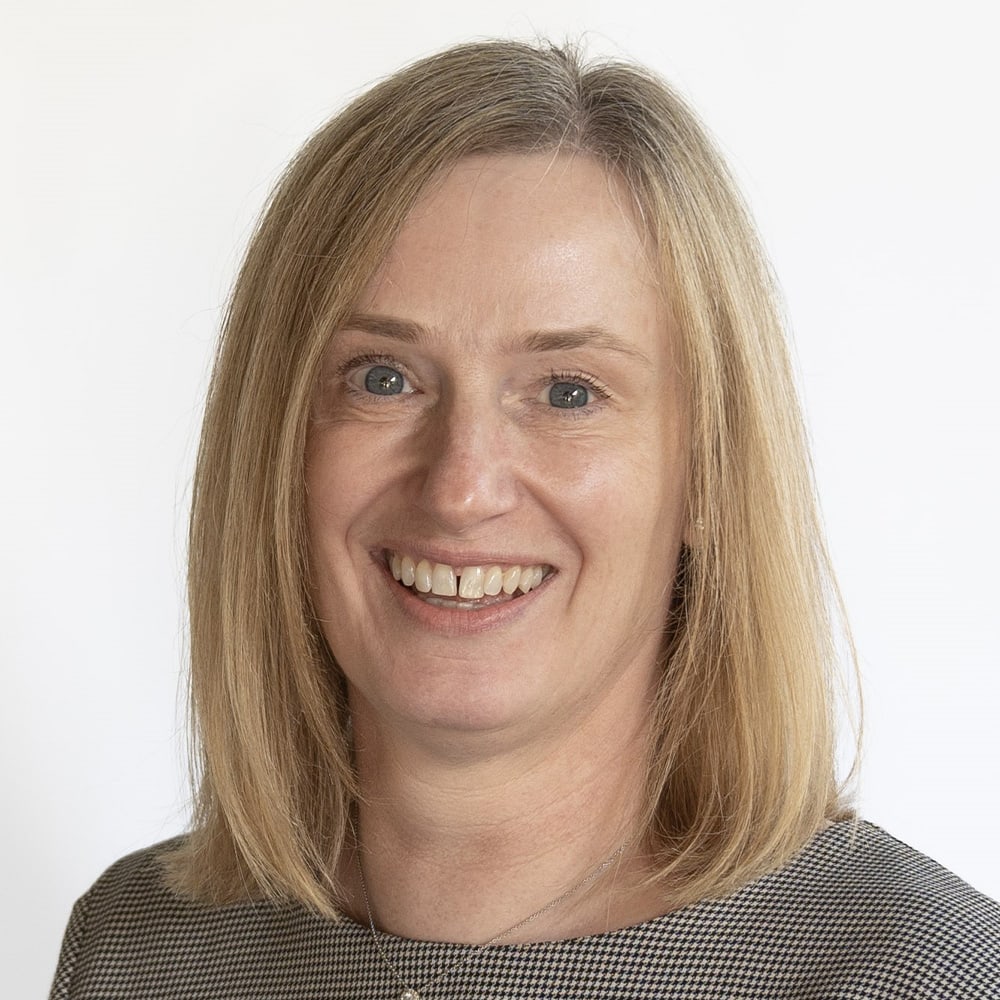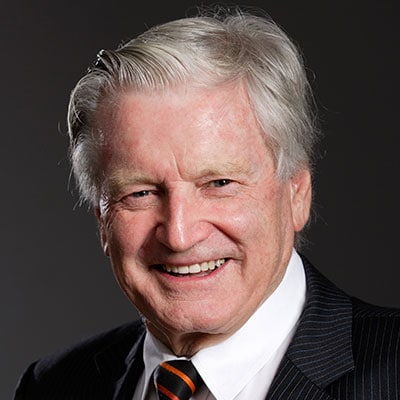New data on the long term benefits of Ocrelizumab for PPMS has recently been published 29 October 2020 on the Lancet
Ocrelizumab is currently funded for RRMS in New Zealand but not currently for PPMS. This new data, covering a 6.5 year follow up period, provides further long term evidence to demonstrate the sustained benefits of Ocrelizumab on disease progression when given earlier in the disease course. Halting and slowing progression in PPMS is a high unmet need.
732 participants were randomly assigned to receive either intravenous infusion of 600-mg ocrelizumab (two 300-mg infusions, 14 days apart) or placebo every 24 weeks for at least 120 weeks. 544 completed the double-blind phase, after which patients entered an extended controlled period, followed by an optional open-label extension where they could continue ocrelizumab or switch from placebo to the drug. 527 people entered the open-label extension phase, the last patient entering in April 2016.
MedPage Today have published a review of these results, copied below:
Long-Term Ocrelizumab Benefits Seen in PPMS:
by Judy George, Senior Staff Writer, MedPage Today November 2, 2020
Early, continuous treatment with ocrelizumab (Ocrevus) led to sustained slowing of disease progression in primary progressive multiple sclerosis (PPMS), long-term data from the ORATORIO extension study suggested.
Most measures of 6-month confirmed disability progression, including Expanded Disability Status Scale (EDSS) scores, were better in PPMS patients who started treatment early in ORATORIO compared with patients who started with placebo before joining the open-label extension, reported Jerry Wolinsky, MD, of the University of Texas McGovern Medical School in Houston, and co-authors. No new safety signals emerged compared with the double-blind phase of ORATORIO.
“Compared with patients switching from placebo, earlier and continuous ocrelizumab treatment provided sustained benefits on measures of disease progression over the 6.5 study years of follow-up,” the researchers wrote in Lancet Neurology.
“Although this study shows the benefit of earlier intervention with ocrelizumab in primary progressive disease, progression remains an important unmet need in multiple sclerosis,” they noted. “Further research should focus on how the potential benefits described in this study might be improved upon, particularly over longer time periods.”
PPMS is characterized by gradual disability accumulation from disease onset, sometimes with superimposed relapses or MRI lesion activity. Ocrelizumab, an anti-CD20 monoclonal antibody, is the only disease-modifying therapy approved to treat PPMS currently. The FDA’s decision was based on ORATORIO results, which showed that treatment with intravenous 600-mg ocrelizumab every 6 months reduced 3-month confirmed worsening of EDSS scores compared with placebo.
“The efficacy of ocrelizumab versus placebo shown in ORATORIO was recapitulated as participants switched from placebo to ocrelizumab upon entering the open-label extension,” noted Deja Rose, MD, and Jeffrey Cohen, MD, both of the Cleveland Clinic in Ohio, in an accompanying editorial.
But several questions remain, Rose and Cohen pointed out: “Can we extrapolate these results in primary progressive multiple sclerosis to secondary progressive multiple sclerosis (a more common form of progressive multiple sclerosis, which occurs after a relapsing-remitting course)? Are there rare or late adverse events that have not yet been seen?”
“Some studies, but not others, have suggested that the proportion of patients treated with anti-CD20 monoclonal antibodies is higher among patients with severe COVID-19 outcomes than among the overall population with multiple sclerosis,” they added. “Further research is needed to investigate whether anti-CD20 monoclonal antibodies reduce protective immunity after SARS-CoV-2 infection or, when available, vaccination.”
ORATORIO was a double-blind phase III trial of PPMS patients with an EDSS score of 3.0-6.5. Patients who had previous treatment with B cell-targeted therapies or other immunosuppressive medications were excluded.
Participants were randomly assigned to receive either intravenous infusion of 600-mg ocrelizumab (two 300-mg infusions, 14 days apart) or placebo every 24 weeks for at least 120 weeks. After the double-blind phase, patients entered an extended controlled period, followed by an optional open-label extension where they could continue ocrelizumab or switch from placebo to the drug. The last patient entered the open-label extension in April 2016.
Overall, 544 of 732 participants completed the double-blind period, and 527 people entered the open-label extension phase. Time to onset of disability progression was confirmed at 6 months with four measures — increase in EDSS score; 20% or more increase in time to complete the 9-Hole Peg Test (9HPT); 20% or more increase in time to perform the Timed 25-Foot Walk (T25FW); and composite progression, defined as the first confirmed occurrence of any of these three individual measures. Time to requiring a wheelchair (EDSS score 7 or higher) also was assessed.
After at least 6.5 study years of follow-up, the proportion of patients with progression on disability measures was lower in those who started ocrelizumab early compared with those who started with placebo in most measures of 6-month confirmed disability progression (T25FW showed a non-significant trend):
- EDSS score: 51.7% vs 64.8%; difference 13.1%, 95% CI 4.9-21.3, P=0.0018
- 9HPT: 30.6% vs 43.1%; difference 12.5%, 95% CI 4.1-20.9, P=0.0035
- T25FW: 63.2% vs 70.7%; difference 7.5%, 95% CI -0.3 to 15.2, P=0.058
- Composite progression: 73.2% vs 83.3%; difference 10.1%, 95% CI 3.6-16.6, P=0.0023
- Confirmed time to requiring a wheelchair: 11.5% vs 18.9%; difference 7.4%, 95% CI 0.8-13.9, P=0.0274
Percent changes in T2 lesion volume (0.45% vs 13.00%, P<0.0001) and T1 hypointense lesion volume (36.68% vs 60.93%, P<0.0001) were lower among early ocrelizumab starters than in those who started with placebo.
In the all-ocrelizumab exposure population, adverse events were 238.09 (95% CI 232.71-243.57) per 100 patient-years. Serious adverse events were 12.63 (95% CI 11.41-13.94) per 100 patient-years, most commonly serious infections, at 4.13 (95% CI 3.45-4.91) per 100 patient-years. One potential serious opportunistic infection emerged in the open-label extension, a case of serious Candida sepsis that resolved in a patient who had stopped ocrelizumab 11 months earlier and was receiving cancer chemotherapy.
As of January 7, 2019, no cases of progressive multifocal leukoencephalopathy were identified in the overall ORATORIO study population. Also of that date, the rate of all malignancies per 100 patient-years in the all-exposure population was 0.91 (95% CI 0.61-1.32).
The study has several limitations, Wolinsky and co-authors said. As an open-label extension study, it lacked a control group. Survivor bias may have confounded results and open-label treatment may have led to bias. “It is important to note that, although there was a continued benefit for patients who initiated ocrelizumab 3-5 study years earlier, subgroup analyses were not done on patients who were earlier on in their multiple sclerosis disease course,” the researchers added.
Participants were randomly assigned to receive either intravenous infusion of 600-mg ocrelizumab (two 300-mg infusions, 14 days apart) or placebo every 24 weeks for at least 120 weeks. After the double-blind phase, patients entered an extended controlled period, followed by an optional open-label extension where they could continue ocrelizumab or switch from placebo to the drug. The last patient entered the open-label extension in April 2016.











